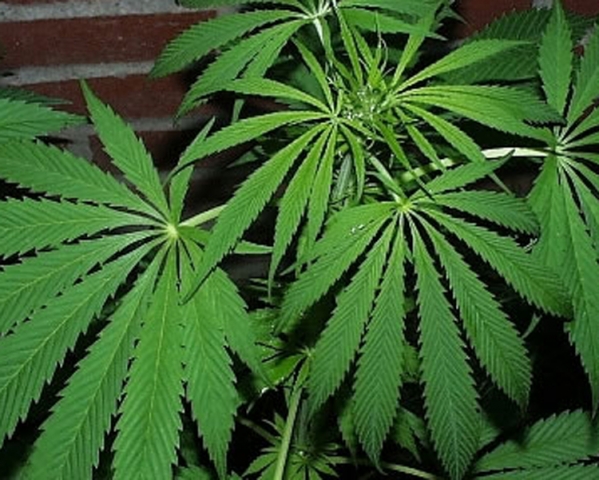OPINION: Study Shows Promise for Cannabidiol Treatment of Epilepsy
Medical research on the potential benefits of treatment with cannabidiol (CBD) is beginning to show results. A presentation to the U.S. Senate Caucus on International Narcotics Control in June of 2015, by Nora D. Volkow, Director of the National Institute on Drug Abuse, pointed out,
“Rigorous clinical studies are still needed to evaluate the clinical potential of CBD for specific conditions. However, pre-clinical research (including both cell culture and animal models) has shown CBD to have a range of effects that may be therapeutically useful, including anti-seizure, antioxidant, neuroprotective, anti-inflammatory, analgesic, anti-tumor, anti-psychotic, and anti-anxiety properties.”
Valkow went on to mention some of those findings in more detail, but criticized studies on epilepsy done to date as suffering from “significant design flaws, including failure to fully quantify baseline seizure frequency, inadequate statistical analysis, and a lack of sufficient detail to adequately evaluate and interpret the findings.”
New research has been begun and is ongoing since her presentation.
Treatment of “severe, intractable seizures” with cannabidiol (CBD oil) has “shown promise” in the initial stages of a study by researchers at the University of Alabama in Birmingham. Abstracts will be presented in Vancouver, BC, at an annual meeting of the American Academy of Neurology, from April 15 to 21, 2016.
The research showed improvement in half of the 51 initial subjects studied; two became seizure-free; nine dropped out because of side effects, or because they noticed no improvement. Those who did experience improvement had from 32% to 45% fewer seizures. The studies included both adults and children. For more details, read this summary in “Science Daily.”
The oil used in the studies was manufactured by a licenced pharmaceutical company under stringent requirements, and contains only traces of THC — the principal psycho-active component of marijuana; not to be confused with “Phoenix Tears,” such as the oil seized by RCMP in a recent drug bust near Field, BC, which contains a significant proportion of THC.
THC rather than CBD is probably implicated in the facts revealed by another study, released in March of 2016, under the headline “Cannabis use in psychotic patients linked to 50% higher hospital admission risk.” The information is based on records from over 2000 people admitted to psychiatric facilities in Europe between 2006 and 2013. For more details on that study, here is a link to more information.
The potential medical value of cannabinoids is only beginning to be studied scientifically. Not only cannabinoids but also other “illegal” drugs such as heroin deserve much more research to determine their potential value in medicine. We already know many of their downsides; but many prescription medicines have downsides, even when used as prescribed, and especially if misused. Even vital nutrients can be toxic when misused. That doesn’t mean we should do without their benefits.


























